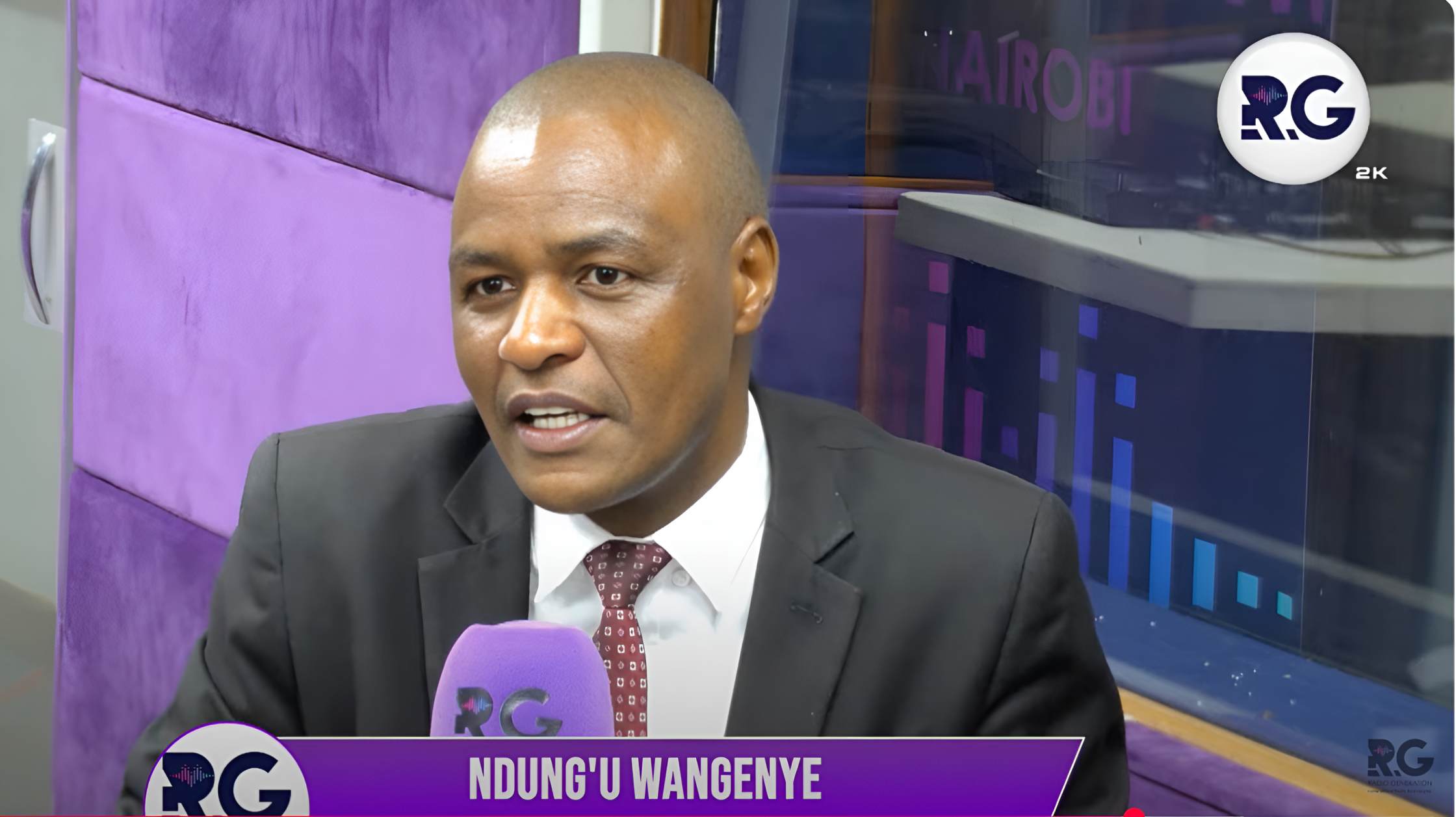Advocate Ndung’u: Why recalling an MP remains elusive

Ndung’u explained that if the legislature were truly independent and bold enough to reject unpopular policies, the country would not find itself in repeated cycles of public outrage and protests.
The push for greater accountability in Parliament has revived debate around the constitutional right to recall underperforming lawmakers.
Legal experts are calling for more public awareness of this right, saying Parliament’s failure to hold the Executive in check is partly to blame for some of the country’s most pressing governance failures.
Ndung’u Wangenye, an advocate and National Secretary of the Kenya Teachers in Hardship and Arid Areas Welfare Association (KETHAWA) has challenged Kenyans to redirect their frustration from the presidency to Parliament, arguing that most of the country’s problems stem from a weak and compromised legislative arm.
“Representing the people is the heart of democracy, but the truth is the president can be impeached, a deputy president can be impeached, a governor can be impeached — yet MPs are hardly ever held to account. That’s where the real problem lies,” he said during a morning interview with Radio Generation Kenya on Wednesday.
He added that Parliament holds the power to reject bad laws, but too often it fails to exercise this authority.
“Take the Finance Bill, for example. The president, through the Finance Ministry, can table it. But if Parliament rejected it, it wouldn’t become law. That’s how powerful they are,” he noted.
Wangenye explained that if the legislature were truly independent and bold enough to reject unpopular policies, the country would not find itself in repeated cycles of public outrage and protests.
“If MPs had stood firm and said no, the Finance Bill would have died on the floor. That’s the kind of Parliament we need , one that can look the president in the eye and say this will not happen,” he said.
He also noted that while the Constitution grants the public the right to recall their MP, Parliament has failed to enact laws that make this process practical and accessible. “They were supposed to pass an Act of Parliament to implement Article 104 of the Constitution, but that has never happened,” he added.
Still, he said the recall process is possible, even if difficult.
How to recall your MP
Article 104 of the Constitution of Kenya 2010 gives voters the right to recall their Member of Parliament before the end of their term.
It states: “The electorate under Articles 97 and 98 have the right to recall the member of Parliament representing their constituency before the end of the term of the relevant House of Parliament.”
Parliament was tasked with enacting legislation to provide the legal grounds and procedure for recalling an MP, which is now outlined under Section 45 of the Elections Act.
This section states that a Member of Parliament can be recalled for violating the provisions of Chapter 6 of the Constitution, which deals with leadership and integrity. This includes corruption, misuse of public funds, abuse of office, or failure to uphold ethical standards expected of public officers.
An MP can also be recalled if they are found guilty, through due legal process, of an offence under the Elections Act.
Offences under this law include bribery, voter fraud, undue influence, and any other form of electoral malpractice.
The recall process begins when a registered voter in the affected constituency writes to the Independent Electoral and Boundaries Commission (IEBC) seeking permission to initiate a recall petition. This application must be accompanied by a detailed explanation of the grounds for the recall.
Once IEBC reviews and approves the request, the voter is issued with a recall petition form. From that point, they have 30 days to collect signatures from at least 30 percent of all registered voters in the constituency.
Each signature must include the voter’s name, ID number, and voter registration number. At least 15 percent of the registered voters must also submit written confirmation supporting the petition.
Once the signatures and documentation are submitted, IEBC has 30 days to verify the list and confirm that the signatories are genuine registered voters. If the petition is found to meet all legal thresholds, the Commission will notify the Speaker of the National Assembly within 15 days.
If the Speaker confirms the grounds are valid, IEBC will organise a recall election in the constituency within 90 days.
During the election, voters will be asked whether they wish to recall their MP. If the majority of valid votes cast are in support of the recall, the MP will lose their seat and IEBC will call for a by-election within another 90 days.
A recall petition cannot be filed more than once during the term of a Member of Parliament. It also cannot be brought by any individual who unsuccessfully contested for that seat in the last general election.
The Constitution also bars the filing of a recall petition within the first 24 months of an MP’s term or within 12 months of the next general election. However, the law allows the recalled MP to contest again in the resulting by-election.
Wangenye explained that although the threshold is high, the system is designed to protect voters from making rushed or emotional decisions.
“You elected that person in your own wisdom. It should not be too easy to remove them, because maybe they are doing something important that is not yet visible. That’s why the process requires more than half the voters to support it,” he noted.
The advocate pointed out that once the petition is filed and the signatures verified, the matter must go to court, where the MP will be given a chance to respond.
“Everyone has a right to be heard. You cannot condemn someone without due process,” he added
